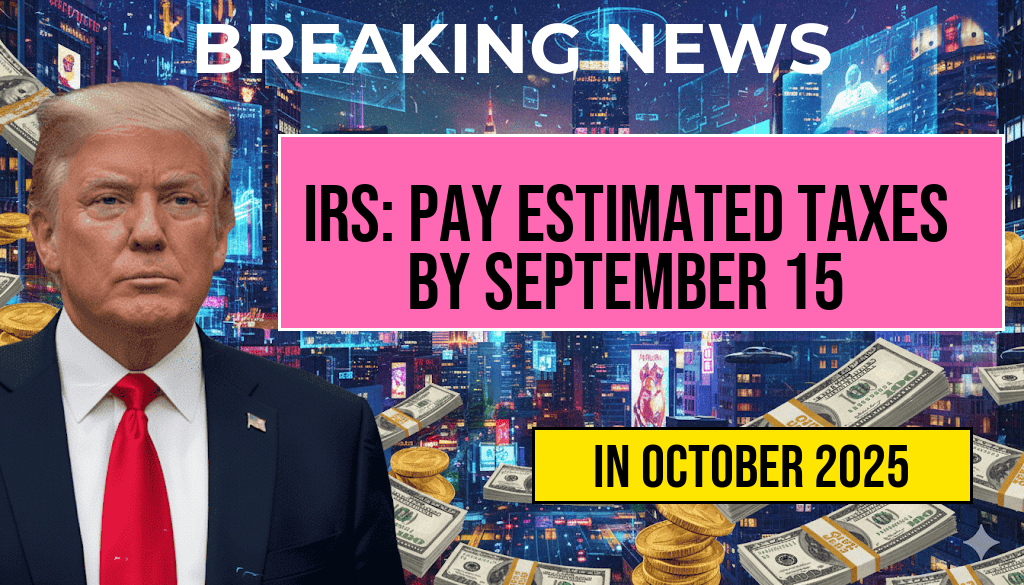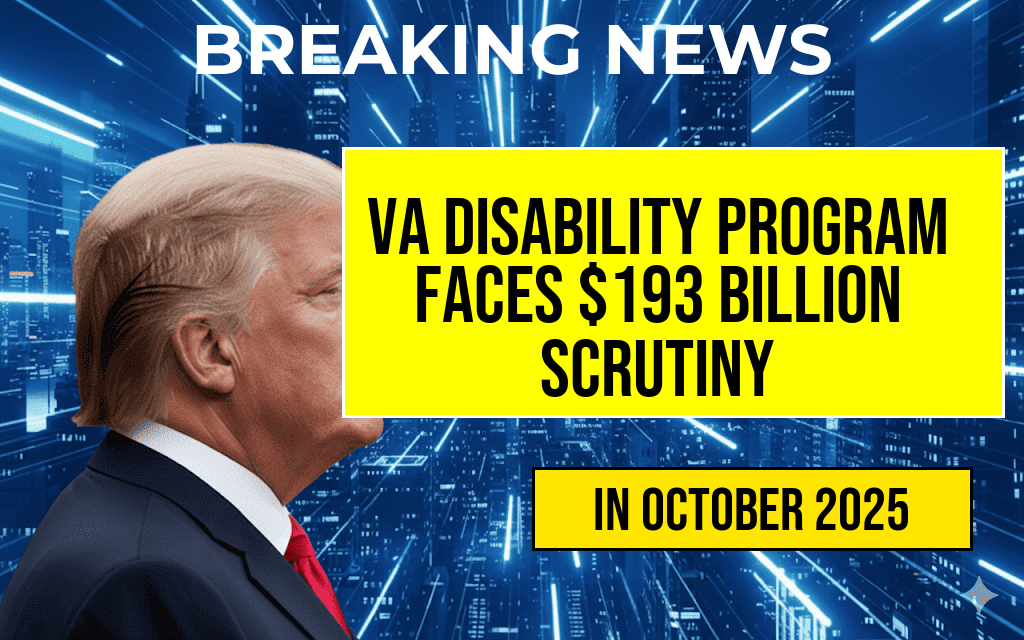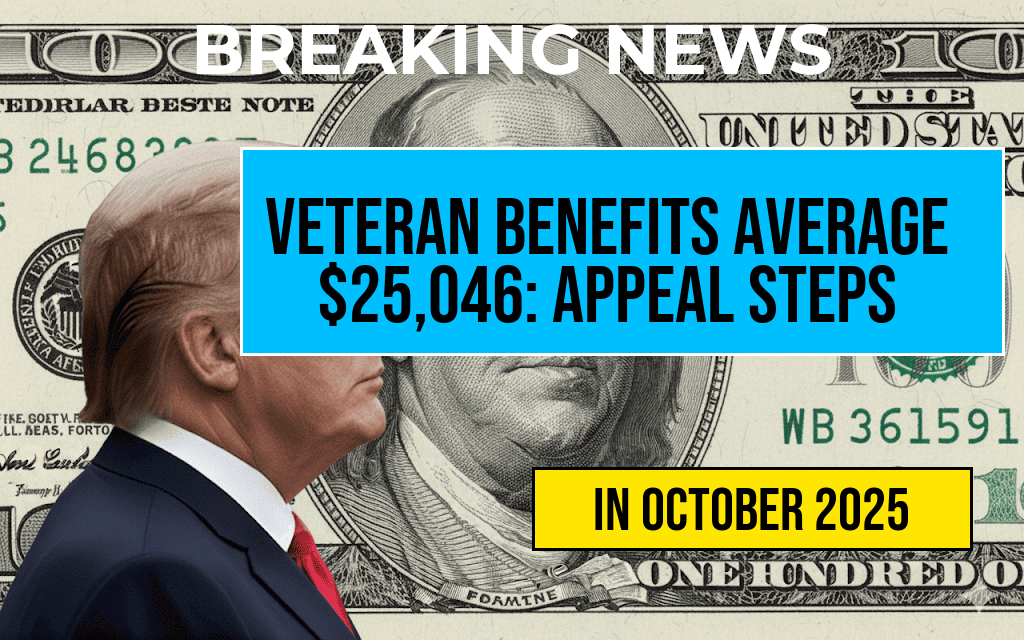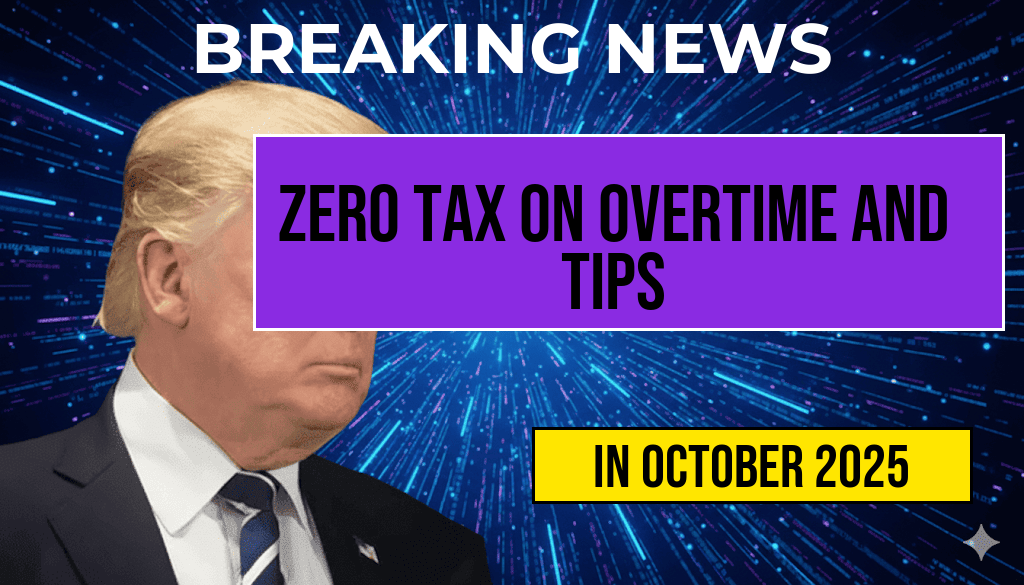The Internal Revenue Service (IRS) has announced a critical reminder for taxpayers regarding the upcoming deadline for estimated tax payments. Individuals and businesses are urged to pay their estimated taxes by September 15, 2023, to avoid incurring significant penalties. This announcement comes as part of the IRS’s ongoing efforts to maintain compliance and ensure that taxpayers meet their obligations in a timely manner. Failing to pay estimated taxes can lead to financial consequences that may complicate one’s financial standing and tax position. As the deadline approaches, understanding the requirements and implications of estimated tax payments is essential for taxpayers across the nation.
Who Needs to Pay Estimated Taxes?
Estimated taxes are typically required for individuals and businesses that expect to owe $1,000 or more when their return is filed. This includes:
- Self-employed individuals
- Freelancers and contractors
- Business owners
- Investors with significant capital gains
According to IRS guidelines, taxpayers who receive income that is not subject to withholding must make estimated tax payments throughout the year. This income could come from various sources, such as rental income, dividends, or interest.
Payment Methods Available
Taxpayers have several options for making their estimated tax payments. These methods include:
- Online Payments: Through the IRS Direct Pay system, taxpayers can make payments directly from their bank accounts.
- Electronic Federal Tax Payment System (EFTPS): This free service allows individuals and businesses to pay taxes electronically.
- Check or Money Order: Payments can be mailed to the IRS using the appropriate payment voucher.
Potential Penalties for Late Payments
Failing to meet the estimated tax payment deadline can result in penalties that accumulate over time. The IRS typically imposes penalties if:
- The taxpayer owes more than $1,000 in tax after subtracting withholding and refundable credits.
- The payments made are less than 90% of the tax owed for the current year or 100% of the tax owed for the previous year, whichever is less.
The penalty is calculated based on the amount owed and the duration of the delay, emphasizing the importance of timely payments.
Understanding Estimated Tax Calculations
Calculating estimated taxes can be complex, but the IRS provides resources to assist taxpayers. Generally, the estimated tax can be calculated using the following formula:
| Income Type | Amount |
|---|---|
| Self-Employment Income | $50,000 |
| Investment Income | $10,000 |
| Total Income | $60,000 |
Taxpayers can use the IRS Form 1040-ES to calculate their estimated taxes. This form provides worksheets and guidance for estimating the total tax owed for the year.
Resources for Taxpayers
The IRS website offers a wealth of information for taxpayers. Resources include:
- Estimated Taxes Overview – Detailed information on who needs to pay and how to calculate payments.
- IRS Payments Page – Options for making payments and managing tax obligations.
- Forbes: Estimated Tax Payments – Expert advice and insights on managing estimated taxes.
As the September 15 deadline approaches, taxpayers are encouraged to review their financial situations and ensure they meet their estimated tax obligations. By staying informed and proactive, individuals can avoid unnecessary penalties and maintain compliance with IRS regulations.
Frequently Asked Questions
What is the deadline for paying estimated taxes to avoid penalties?
The deadline to pay your estimated taxes is September 15. Failing to meet this deadline may result in penalties from the IRS.
Who needs to pay estimated taxes?
Individuals who expect to owe at least $1,000 in taxes after subtracting their withholding and refundable credits are generally required to make estimated tax payments.
What are the consequences of not paying estimated taxes on time?
If you do not pay your estimated taxes by the deadline, you may incur penalties and interest on the amount owed, which can increase your overall tax liability.
How can I make my estimated tax payments?
You can make your estimated tax payments through the IRS website, by mail, or by using the IRS2Go mobile app. Ensure that you follow the correct procedures to avoid any issues.
Can I adjust my estimated tax payments if my income changes?
Yes, if your income changes during the year, you can adjust your estimated tax payments. It’s important to recalculate your expected tax liability to avoid underpayment or overpayment.







